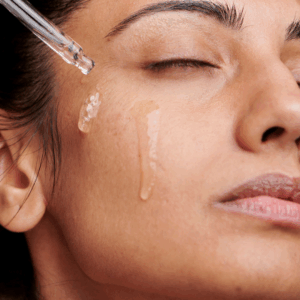
Skincare Awareness Month: Why Healthy Skin Should Be Your Top Priority
Celebrate Skincare Awareness Month by making your skin health a top priority. Discover expert tips and book your appointment today!
Shannon Del Grande is now seeing patients in our Wayne/Chesterbrook office.
Did you know that over one-third of adults in the United States get sunburned yearly? Sunburns cause discomfort and can increase your risk of skin cancer and premature aging. Even a single sunburn can significantly raise your chances of developing melanoma, the most dangerous form of skin cancer. In this article, we will review the causes of sunburn, provide 10 tips for dealing with sunburn, discuss what to avoid during the healing process, and offer prevention strategies. We’ll also guide you on when to seek professional dermatological care for severe sunburns.
At Bryn Mawr Dermatology, we understand the importance of skincare and sun protection. Our team of expert dermatologists is dedicated to helping you maintain healthy skin throughout the year.
While this article spells out some important information about sunburns, we highly recommend you read the full article, here are the key points we will focus on:
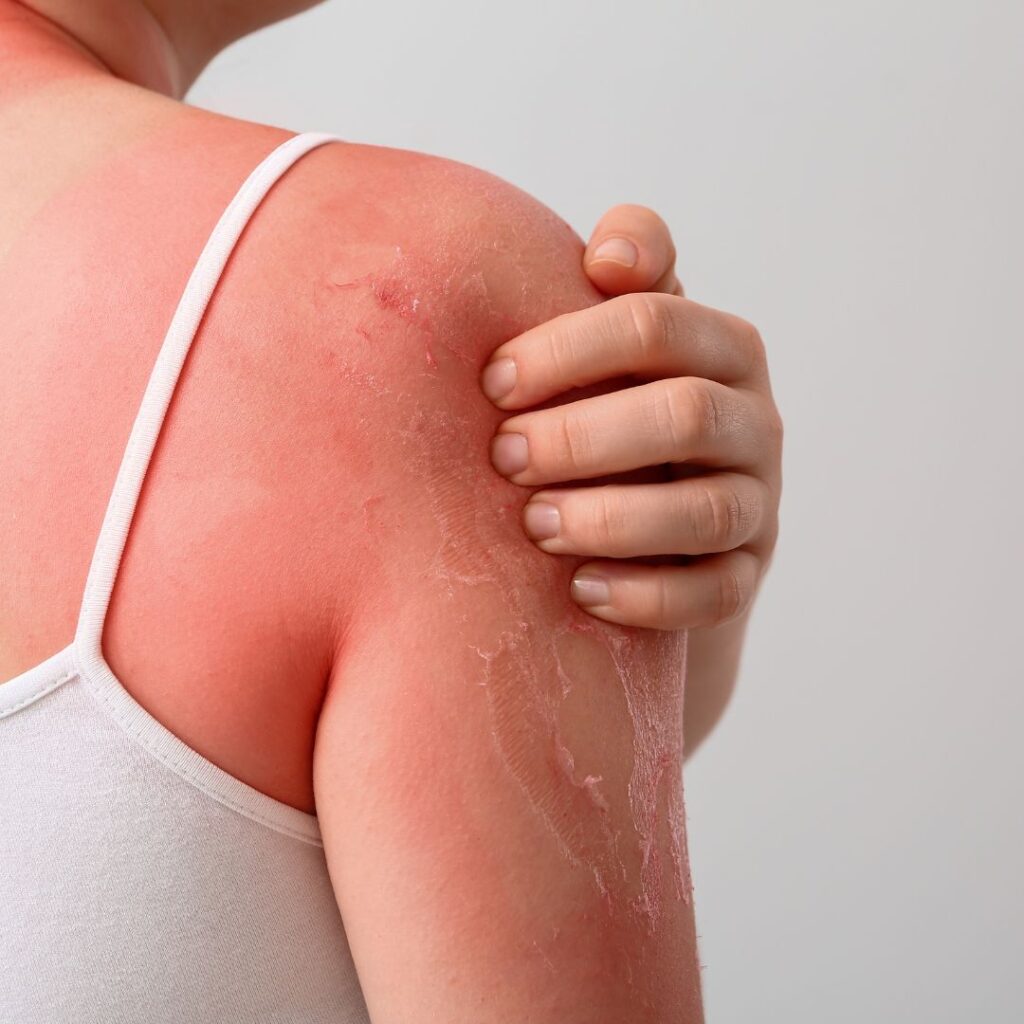
Sunburn is skin damage caused by overexposure to ultraviolet (UV) radiation from the sun or artificial sources like tanning beds. When your skin is exposed to too much UV radiation, it triggers an inflammatory response, resulting in redness, pain, and sometimes blistering.
Several factors can influence the severity of sunburn, including skin type, as fair-skinned individuals are more susceptible; the time of day, with UV rays being strongest between 10 am and 4 pm; altitude, since UV exposure increases at higher elevations; and reflective surfaces like water, sand, and snow, which can intensify UV rays. Additionally, certain medications can increase sun sensitivity, making individuals more prone to sunburn.
While prevention is critical, sometimes sunburns happen despite our best efforts. Here are ten practical must-know tips to help you deal with a sunburn:
To soothe the burned area, take a cool bath or shower. Alternatively, apply cool, damp compresses to the affected skin.
After cooling the skin, apply a gentle, fragrance-free moisturizer to help keep the skin hydrated and reduce peeling. Avoid moisturizers that indicate they are for anti-aging or acne as these often have exfoliating ingredients that can irritate sensitive/damaged skin.
Drink plenty of water to replenish fluids lost through the skin and support healing. The general recommendation is about 3.7 liters per day for men and 2.7 liters for women; however, after a burn your skin does not retain water as well as healthy skin and we suggest increasing your intake.
Over-the-counter pain medications like ibuprofen or acetaminophen can help reduce pain and inflammation.
Aloe vera gel is known for its soothing and anti-inflammatory properties. Applying pure aloe vera gel to the affected areas helps with healing.
Choose soft, lightweight fabrics that won’t irritate your skin while it heals.
If blisters form, leave them intact to protect against infection and aid healing. They are your body’s natural band-aid and provide infection-prevention.
An over the counter 1% hydrocortisone cream can help reduce inflammation and itching.
The proteins in milk can help soothe and cool the skin. Soak a cloth in cool milk and apply it to the affected area.
Your body needs energy to heal, so get plenty of sleep and avoid strenuous activities.
Following these tips can effectively manage sunburn and reduce further pain and discomfort.
While your skin is recovering from a sunburn, it’s best to avoid certain practices that can exacerbate damage or slow down the healing process. Here are some things to steer clear of:
4. Picking or peeling skin: Although tempting, this can lead to infection and scarring. Let your skin shed naturally.
5. Avoid alcohol consumption: Alcohol can dehydrate your body, which is counterproductive when your skin needs extra hydration to heal.
6. Steer clear of oil-based products: These can trap heat in the skin and worsen the burn. Choose water-based moisturizers instead.
Prevention is always better than cure. Here are some practical ways to protect your skin:
While most sunburns can be treated at home, certain situations warrant professional medical attention. Here are the signs to look out for:
Sunburn doesn’t have to derail your skin health or summer enjoyment. If you’re dealing with a severe sunburn or want expert advice on sun protection, Bryn Mawr Dermatology is here to help. Our board-certified dermatologists specialize in treating sun-damaged skin and providing personalized care plans. We offer state-of-the-art treatments in a comfortable, welcoming environment that puts you at ease. Don’t wait to address your skin concerns; call us at 610-525-7800 to schedule your consultation online. At Bryn Mawr Dermatology, we’re committed to helping you keep your skin healthy at all times.

Celebrate Skincare Awareness Month by making your skin health a top priority. Discover expert tips and book your appointment today!
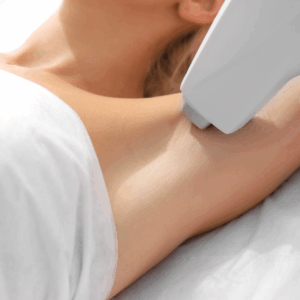
Do you want to fade acne scars, smooth wrinkles, or remove unwanted hair? Learn how laser skin treatments can help!

Give your skin a much-needed reset this back-to-school season. Book your full-body skin check with Bryn Mawr Dermatology today.

Ready for a skin reset? Refresh your glow after summer with expert care and treatments at Bryn Mawr Dermatology. Book your appointment today.
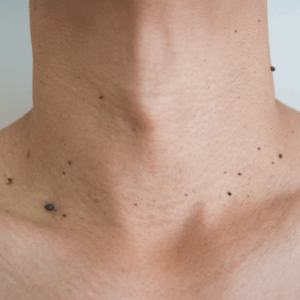
Is that bump a wart or a skin tag? Learn how to spot the difference, and when it’s time for treatment your next treatment.
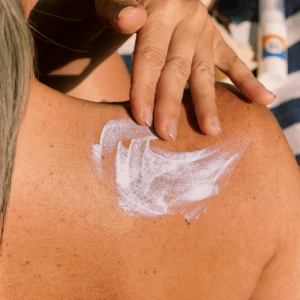
Worried about summer sun damage? Learn UV safety tips to protect your skin all season long. Schedule your consultation today!

By: Bryn Mawr Dermatology, Published: July 25, 2024
Medically Reviewed By: Christine Stanko, MD, FAAD – July 24, 2024
For COSMETIC APPOINTMENTS:
For MEDICAL APPOINTMENTS: